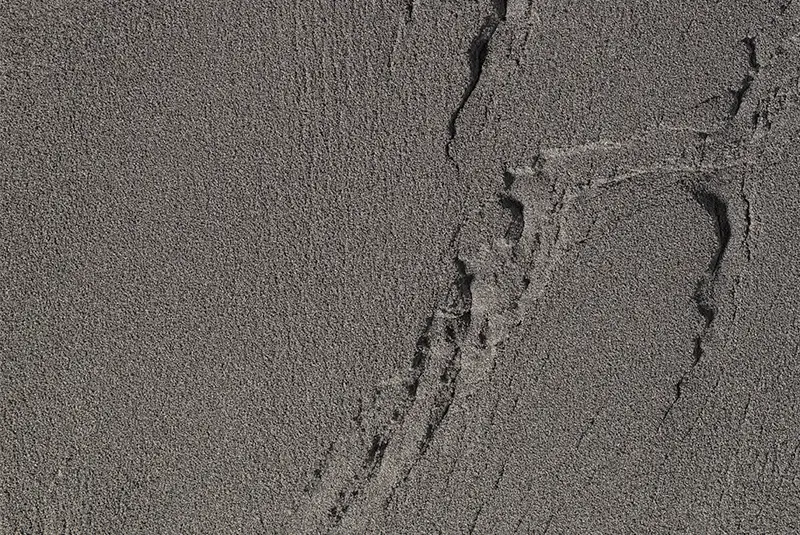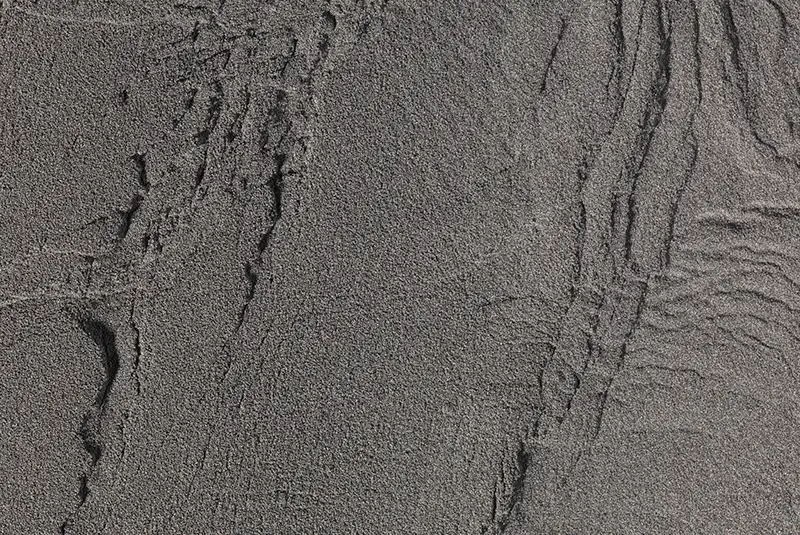Startseite » Materials » Metals » Stainless steel
3D printing stainless steel offers a number of excellent material properties in additive manufacturing: It is corrosion-resistant, weatherproof, durable, conductive, temperature-resistant and extremely hygienic. This makes 3D printing stainless steel an important material basis for parts and components in a wide variety of industries, from medical technology to the food industry.
Which 3D printing stainless steel is ideal for additive manufacturing?
In 3D printing, stainless steel in powder form is used to produce high-quality prototypes, individual spare parts or components easily and economically in series. To meet high customer demands, we mainly use two types of 3D printing stainless steel in our production activities. The stainless steel alloy 1.4404 is particularly corrosion-resistant, and the alloy 1.4542 is characterised by its high thermal conductivity and strength.
The impressive material properties of 3D printing stainless steel
3D printing stainless steel can be used in a variety of ways and has high to very high corrosion resistance. This resistance is provided by a thin protective layer of chromium oxide, which forms on the metal surface when it comes into contact with oxygen and renews itself to a certain extent when damaged.

Fields of application of 3D printing stainless steel
Additively manufactured products made of stainless steel are now used in many industrial sectors. With its extraordinary corrosion resistance, 3D printing stainless steel 1.4404 is ideal for all applications in which durability and hygiene are important. Examples include applications in the fields of medical technology, pharmaceuticals and the food industry. Components made of 3D-printed stainless steel 1.4404 can also be used in humid environments without any problems. With their high thermal conductivity and strength, workpieces made of 3D printed stainless steel 1.4542 are mainly used for manufacturing spare parts and in small series production. Typical fields of application are aerospace and aviation technology, the energy sector, the jewellery industry and shipbuilding.
Flow optimisation in the swirl generator
Inspection of box dimensions and functional areas
3D Printing Cutting Tool
Functional integration in cleaning lance

Austenitic stainless steel 1.4404 (AISI 316L) is one of the most common corrosion-resistant stainless steels. Its optimised corrosion resistance is achieved by the addition of 2 to 2.5 percent molybdenum. The material’s excellent corrosion resistance is evident in natural environmental media, in media with moderate chlorine and salt concentrations and in the typical production environments of the food industry. Due to its low carbon content, 3D-printed stainless steel 1.4404 is also resistant to intergranular corrosion, even in continuous operation up to 300°C. Stainless steel 1.4404 is suitable for use at low temperatures and at high temperatures up to 550°C.
Maximum installation space: 400 x 400 x 360 mm

The rustproof martensitic 3D printing stainless steel 1.4542 / 17-4 PH (AISI 630) is a corrosion-resistant stainless steel that is also suitable for use in maritime environments and offers high strength and ductility. Components made of 3D-printed stainless steel 1.4542 can be mechanically reworked, welded, heat-treated, sterilised, blasted, polished or coated very well. This stainless steel variant can be used in the low-temperature range and up to 450°C. 3D-printed components made of stainless steel 1.4542 are often unique items such as spare parts or small serial parts.
Maximum installation space: 400 x 400 x 360 mm

Would you like a personalised offer or advice?
Get in touch with us!

FKM is a pioneer in selective laser sintering (SLS) and selective laser melting (SLM) in Germany and Europe. Since 1994, we have been part of a revolutionary rethinking process in the industry. Where tool and mould making used to determine the design rules, additive manufacturing with SLS and SLM is now changing entire production processes.
Sign up for our newsletter and receive free innovation news about industrial 3D printing.
Sie haben Fragen?
Nehmen Sie zu uns Kontakt auf.
Do you have any questions?
Please get in touch with us.